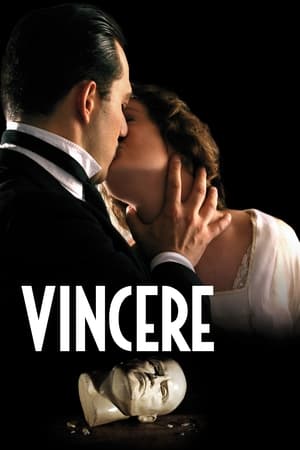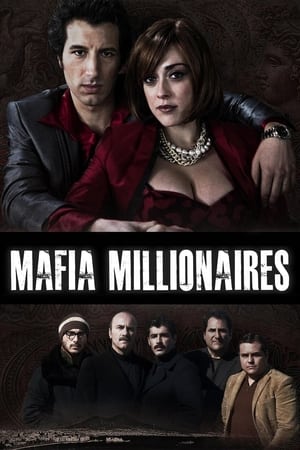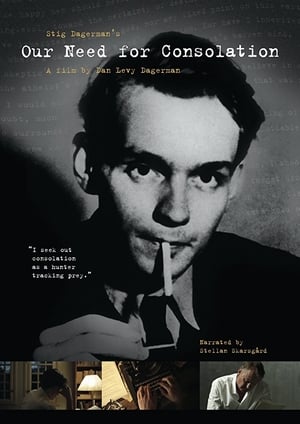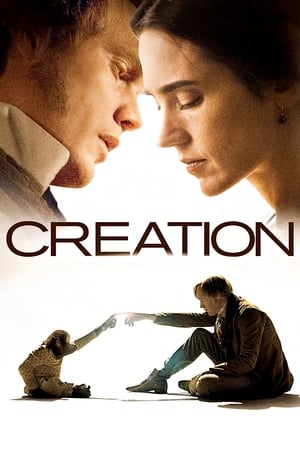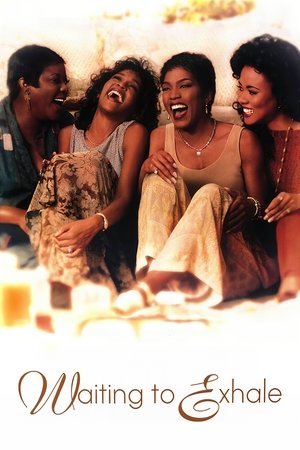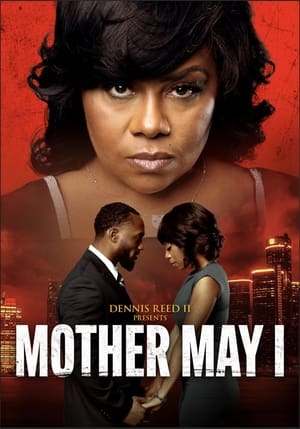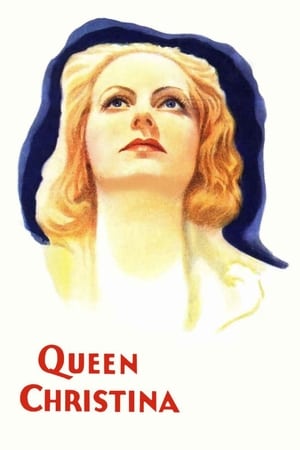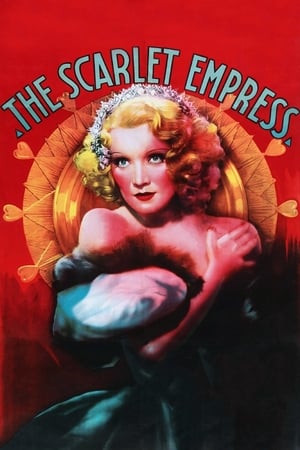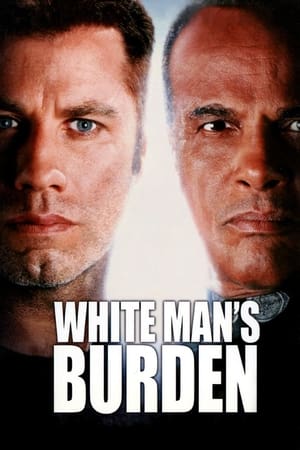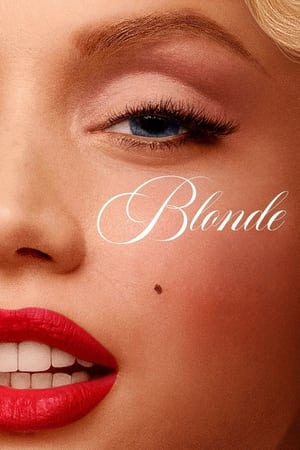Overview
Paul Snider is a narcissistic, small time hustler who fancies himself a ladies man. His life changes when he meets Dorothy Stratten working behind the counter of a Dairy Queen. Under his guidance Dorothy grows to fame as a Playboy Playmate. But when Dorothy begins pursuing an acting career, the jealous Paul finds himself elbowed out of the picture by more famous men.
Reviews
STAR 80 (1983) is arguably the least regarded of Bob Fosse's five outings as director. What you are about to read is going to come across as a condemnation of this film - it is not. It's just my analysis of a film that has some obvious weak points which Fosse was oblivious to. And let me clarify further: I have seen and enjoyed all of the films he directed and own three of them. Although I appear to be making a case for this film in the most critical way possible, I actually enjoy it enough to revisit it from time to time. I would legitimately consider myself to be a Fosse fan. Now, that said...
Save for one scene involving Dorothy and Paul meeting a celebrity at the Playboy Mansion, this is a film totally devoid of humor. I realize the subject matter is lurid and we know the tragic ending going in, but I think humanizing these characters at the beginning of the film, before things get really dark, would have gone a long way towards getting away from that one-note feeling that this film has. (For an example of a film where we know death is coming but are able to laugh without guilt early on, check out Paul Schrader's AUTO FOCUS [2002]. That film might actually be a little too sunny at the beginning, but that's a discussion for another day.) This appears to be a deliberate decision on Fosse's part, as he keeps foreshadowing the ending by flashing forward to the murder scene at various points. Most people already knew the story going in, so he wasn't giving anything away by doing this, but his decision to keep referencing the impending bloodbath is oppressive. It stifles any emotion the viewer might generate and perpetuates only a lingering feeling of dread. Perhaps that's exactly where Fosse wanted his audience. If that is the case, he succeeded 100%.
Mariel Hemingway is questionable as Dorothy, but she tries. In her defense, I don't think Fosse's script does her any favors. At the beginning of the film, she displays a kind-of 'gee whiz' innocence which is totally appropriate. But by the time she has left home, posed for Playboy, appeared in films, slept with her director, and had her marriage fall apart, there should have been at least a little hardening or cynicism creeping in. If real-life Dorothy experienced this, then Fosse is keeping it a secret. On-screen Dorothy isn't allowed to mature, or develop emotionally in any deep way. I'm loathe to imply anything, but perhaps Fosse kept her character as one-dimensional as he did for a reason.
As for the other performances: Eric Roberts does what he is asked to do. He goes from leering creep to violent creep, and he does it well. Of course, when the first scene of the movie involves your character standing before a mirror practicing basic human interaction, but is unable to control his hateful tendencies even while alone, your character arc is pretty much set. But, yes, he is fine here. Cliff Robertson underplays Hugh Hefner in a nice contrast to the aggressive Roberts. Roger Rees makes no impression as the Peter Bogdanovich surrogate. Carroll Baker is allowed to display the actual emotions involved with watching your child slip into a situation that you know cannot lead anywhere good. She gives the best performance in the film.
Looking at Fosse's directing credits, the thematic progression is uncanny. Each project gets progressively darker and more death obsessed. (Yes, even ALL THAT JAZZ (1979), which celebrated Joe Gideon's/Bob Fosse's death in its final big production number.) In a way, this film was the perfect final project for Fosse. A filmography which began with the upbeat optimism of Charity Hope Valentine ended with the necrophilic violation of Dorothy Stratten. I'm not sure where that emotional trajectory would have taken Fosse next, but finding something darker than this would have probably produced something very, very unsettling.

 103 min
103 min
 6.4
6.4
 1983
1983
 USA
USA
 adorablepanic wrote:
adorablepanic wrote: